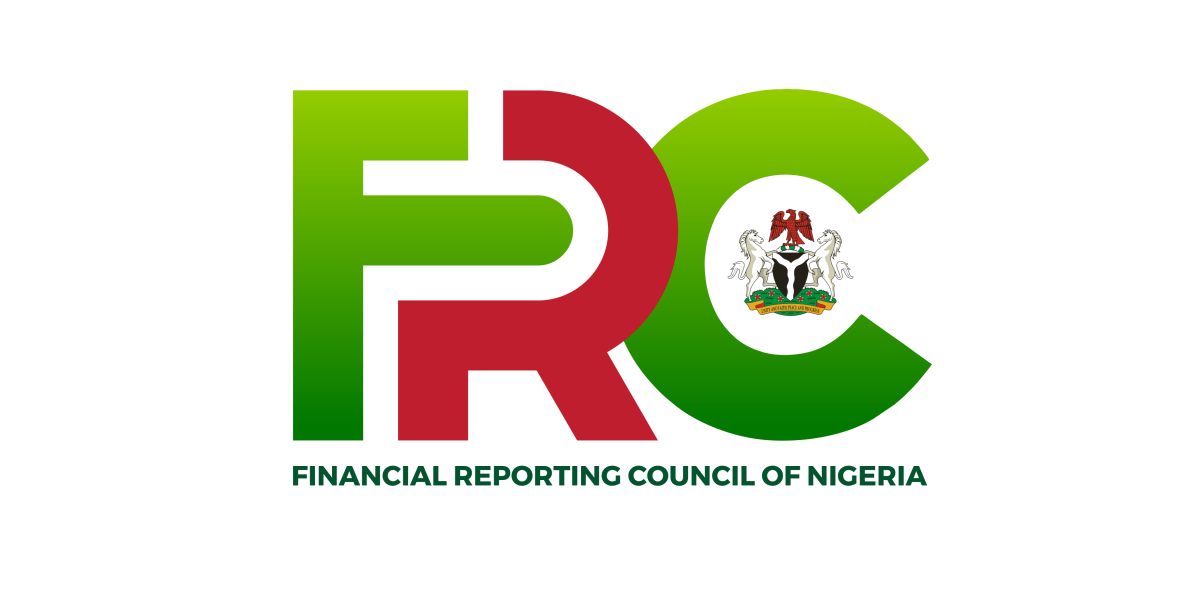
The Financial Reporting Council has recommended that family-run businesses in Nigeria set up constitutions and family councils to ensure the smooth running and sustainability of the entity.
This was disclosed in the SME Business Governance Guidelines 2024, which was released on Monday by the FRC on its website.
The SME Corporate Governance Guidelines, which is a simplified model of the Nigeria Code of Corporate Governance 2018, were done in collaboration with the in collaboration with Convention on Business Integrity and UN Global Compact Network Nigeria.
Principle 8 of the guidelines, which dealt with the formulation of a framework for the family’s relationship with the business, recommended, “A constitution should be formulated setting out the vision, values and policies regulating the family’s relationship with the business, a family governance structure with written procedures should be established to facilitate effective communication and coordination between family members and the other stakeholders of the business.
“If family members are to be engaged in the business, clear lines of authority and decision-making, policies on employing family members, and clarifying the separation of the family business and the business of the family should be developed.
“In later generations, as the family and business get more complex, families should consider establishing a family governance structure such as a ‘family council,’ which institutionalises cooperation in large families and serves as the link between the family and the business. It should have clear written procedures reflecting its role as a forum for keeping all family members informed of developments in the business and allowing them to voice their opinions.”
Recently, the Special Adviser to the President on Presidential Enabling Business Environment Council and Investment, Dr Jumoke Oduwole, disclosed that there were approximately 23.8 million family businesses in the country, responsible for millions of jobs and collectively contributing around $200bn annually to the nation’s economy.
Consideration was also given to succession, a factor in the long-term survival of family-run businesses, as the guidelines stated, “It is becoming difficult to find second generation family members who are sufficiently able, well trained, and willing to bide their time working in the entity whilst waiting patiently to take over the leadership of the family entity at a suitable time and effect changes that the previous generation may have been resistant to. The challenges in the transfer from the second to the third generation can be even greater as old ways of doing things become entrenched. Careful planning for succession is therefore essential.”
Principle 3 of the guidelines also recommended that MSMEs endeavour to set up a formal board of directors to accompany the growth of the entity.
“The board is the cornerstone of good corporate governance. Although many Nigerian MSMEs do not fully recognise the benefits of a board and typically do not set up boards from the very onset, the need for a board becomes more pronounced for MSMEs when they reach a certain point in their growth path.
“A board formalises the decision-making process within the entity, adding a layer of necessary checks and balances, facilitating better strategic thinking, while also providing support and guidance to management.”
According to the guideline, smaller entities may wish to set up an “advisory” board with no formal decision-making powers, but which offers its expertise and networks to guide and support the business.














